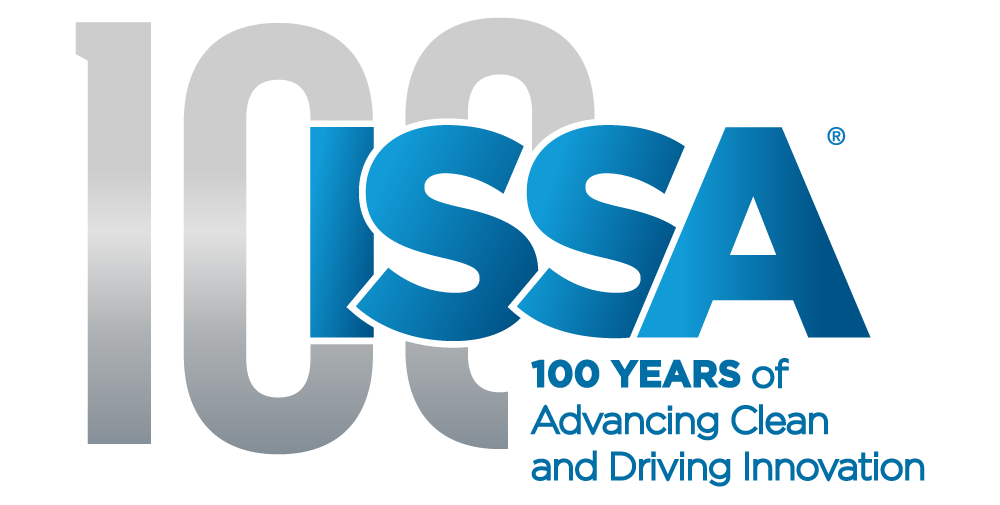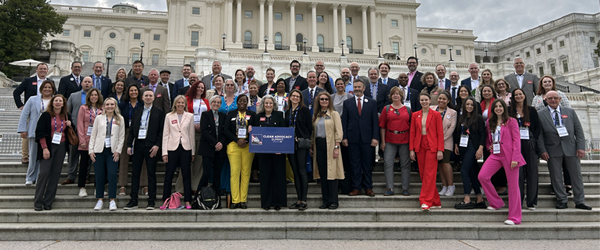Cleaning and Disinfecting for the Coronavirus (SARS-CoV-2)

We’re Here to Help
ISSA, the worldwide cleaning industry association, is here to help cleaning industry professionals understand how to properly clean and safely disinfect for the novel coronavirus (SARS-CoV-2).
Cleaning staff are essential workers during the pandemic. Use the resources on this page to educate and empower your teams as they work to keep facilities, clients and communities safer and healthier.
Together with the Global Biorisk Advisory Council™ (GBAC), a Division of ISSA, we offer education, training, and business resources to help you manage the COVID-19 outbreak. If you need to reopen your business or facility with confidence following the pandemic, learn more about the GBAC® STAR™ Facility Accreditation, a program with the right protocols and best practices for biohazard response. The GBAC® STAR™ Service Accreditation program delivers third-party validation of the cleaning, disinfection, and infection prevention procedures of contractors and other outsourced cleaning service providers. The GBAC® STAR™ Destination program enables organizations like municipalities and tourism bureaus to demonstrate their destination’s dedication to building healthier, safer, and more confident communities through widespread adoption of GBAC® STAR accreditations. And GBAC® STAR™ Registered Technology & Registered Programs allow manufacturers and other companies to have their cleaning, infectious disease prevention, or similar type technology or program designated as GBAC® STAR Registered, providing added assurance for facility managers and service providers who are dedicated to cleaning for health.
Downloadable Tools
- Tip Sheet: Personal Protective Equipment
- Tip Sheet: Risk Assessment
- Tip Sheet: Using Disinfectants
- Tip Sheet: How to Clean & Disinfect Commercial Cleaning Equipment
- Tip Sheet: How to Clean & Disinfect Healthcare Environments
- Infographic: Proper Use of Disinfectants
- Infographic: Personal Protective Equipment Best Practices
- Infographic: Cleaning & Disinfecting Equipment in Workplace Environments
- Infographic: Cleaning & Disinfecting in Healthcare Environments
- Infographic: Performing a Proper Risk Assessment in Six Steps
- Infographic: Clean Start – Back to Work Tax Credit
- Tip Sheet: Facility Management Reopening
- Tip Sheet: BSC Advice for Post-COVID-19 Cleaning & Disinfecting Protocol Adjustments
Additional Resources for Coronavirus Cleaning
Precautionary Measures
You can help prevent yourself from getting and spreading the coronavirus–and other respiratory illnesses–by following these steps:
- Wash your hands often with soap and water for 20 seconds. (Handwashing: Clean Hands Save Lives) Use 70% alcohol-based hand sanitizer if soap and water are not available.
- Avoid touching eyes, nose, and mouth with unwashed hands.
- Cover your coughs and sneezes with a tissue or shirt sleeve, not your hands.
- Avoid close contact such as kissing, hugging, and sharing cups or eating utensils with people who are sick.
- Clean and disinfect frequently touched surfaces, such as toys and doorknobs, especially if someone is sick.
- Stay home when you are sick.
Helpful Links
- Guidance on Preparing Workplaces for COVID-19 (OSHA)
- Cleaning and Disinfecting Your Facility (CDC)
- Registered Antimicrobial Products for Use Against SARS-CoV-2 (EPA)
- Situation Summary for Coronavirus Disease 2019 (COVID-19) (CDC)
- Safety and Health Overview for the 2019 Novel Coronavirus (OSHA)
- Novel Coronavirus (2019-nCoV) Situation Reports (WHO)
- Infection Prevention: A Good Clean Fight (ISSA)
- Emerging Viral Pathogen Guidance for Antimicrobial Pesticides (EPA)
EPA List of Disinfectants
The U.S. Environmental Protection Agency (EPA) released a list of EPA-registered disinfectant products that have qualified for use against SARS-CoV-2, the novel coronavirus that causes COVID-19.
Products appearing on EPA’s list registered disinfectant products have qualified for use against COVID-19 through the agency’s Emerging Viral Pathogen program. This program allows product manufacturers to provide EPA with data, even in advance of an outbreak, that shows their products are effective against harder-to-kill viruses than SARS-CoV-2. It also allows additional communications intended to inform the public about the utility of these products against the emerging pathogen in the most expeditious manner.
Coronaviruses are enveloped viruses, meaning they are one of the easiest types of viruses to kill with the appropriate disinfectant product. Consumers using these disinfectants on an enveloped emerging virus should follow the directions for use on the product’s master label, paying close attention to the contact time for the product on the treated surface (i.e., how long the disinfectant should remain on the surface).
EPA’s Emerging Viral Pathogen Guidance was developed and finalized in 2016 to allow for a rapid response in the event of an emerging viral pathogen outbreak. It was triggered for the first time ever for SARS-CoV-2 on January 29, 2020. The guidance outlines a voluntary, pre-approval process for making emerging viral pathogens claims. In the event of an outbreak, companies with pre-approved products can make off-label claims (for example in technical literature, non-label-related websites, and social media) for use against the outbreak virus.















